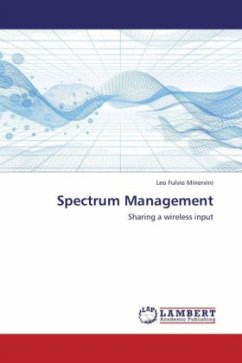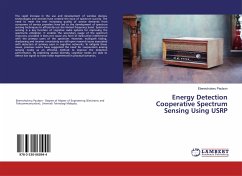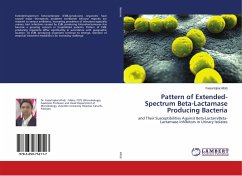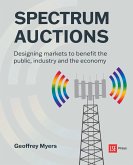Wireless communications are experiencing an unprecedented expansion. The increasing mobility of the communication society and the pace of technological change are growing pressure for more spectrum to support more users, more uses and more capacity. A few regulators are changing their traditional command-and-control approach. Nevertheless, many features of optimal spectrum management are still widely discussed. This work is aimed at contributing to that discussion. It set out to answer three main research questions: (i) whether there is a theoretical framework which can be used to analyze and guide spectrum policy reform, when moving from a traditional command-and-control regime to a market-based one; (ii) whether it is possible to design a plausible mechanism which can promote efficient allocation and assignment of spectrum commons; (iii) whether (and how) technological developments could enable novel ways of optimal spectrum sharing.
Bitte wählen Sie Ihr Anliegen aus.
Rechnungen
Retourenschein anfordern
Bestellstatus
Storno








